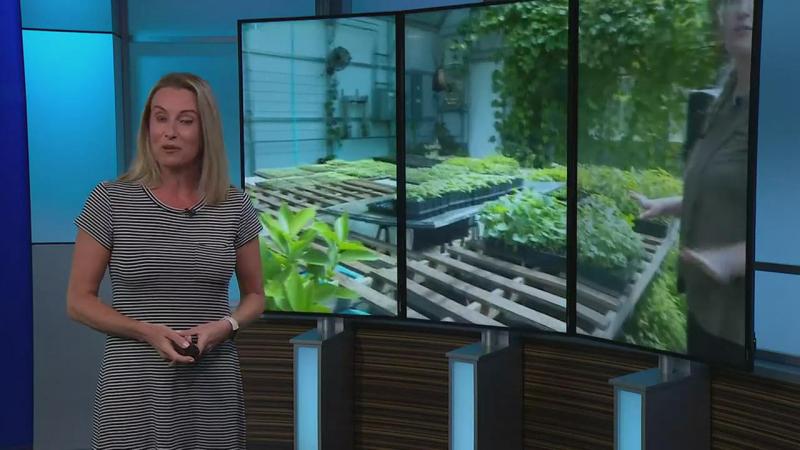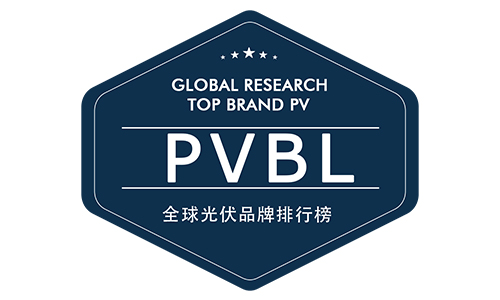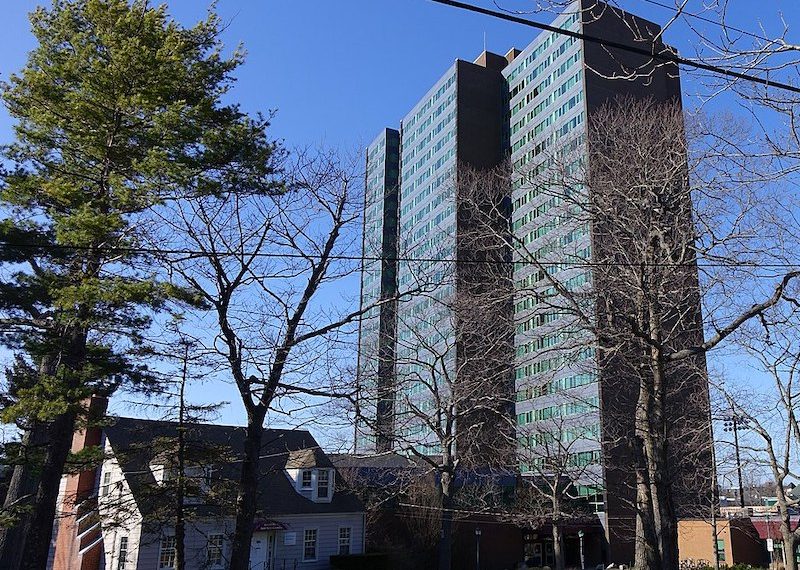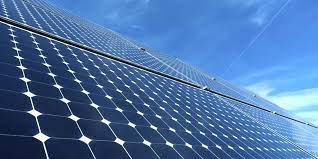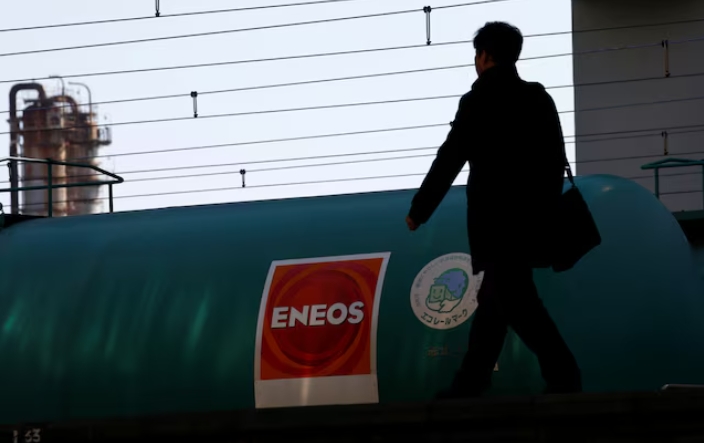
The move comes as part of a broader effort by Japanese energy companies to develop global supply chains of low-carbon fuels, contributing to the energy transition aimed at combating climate change.
In 2022, the two companies agreed to conduct a joint feasibility study aimed at commercializing SAF, which can be made synthetically from hydrogen or from biological materials such as used cooking oil or wood chips.
They now plan to broaden their collaboration to include the development of hydrogen supply chains using methylcyclohexane (MCH), a form of hydrogen storage and transport, and the creation of carbon dioxide (CO2)-free hydrogen supply and demand overseas, and the utilization of hydrogen in the mobility sector.
They intend to leverage Eneos' hydrogen stations for fuel cell vehicles (FCVs), refineries and other infrastructure, along with Mitsubishi's network and expertise in building global fuel supply chains, according to a Mitsubishi spokesperson.
The two companies will also work together to promote the synthetic fuels made from CO2-free hydrogen.
